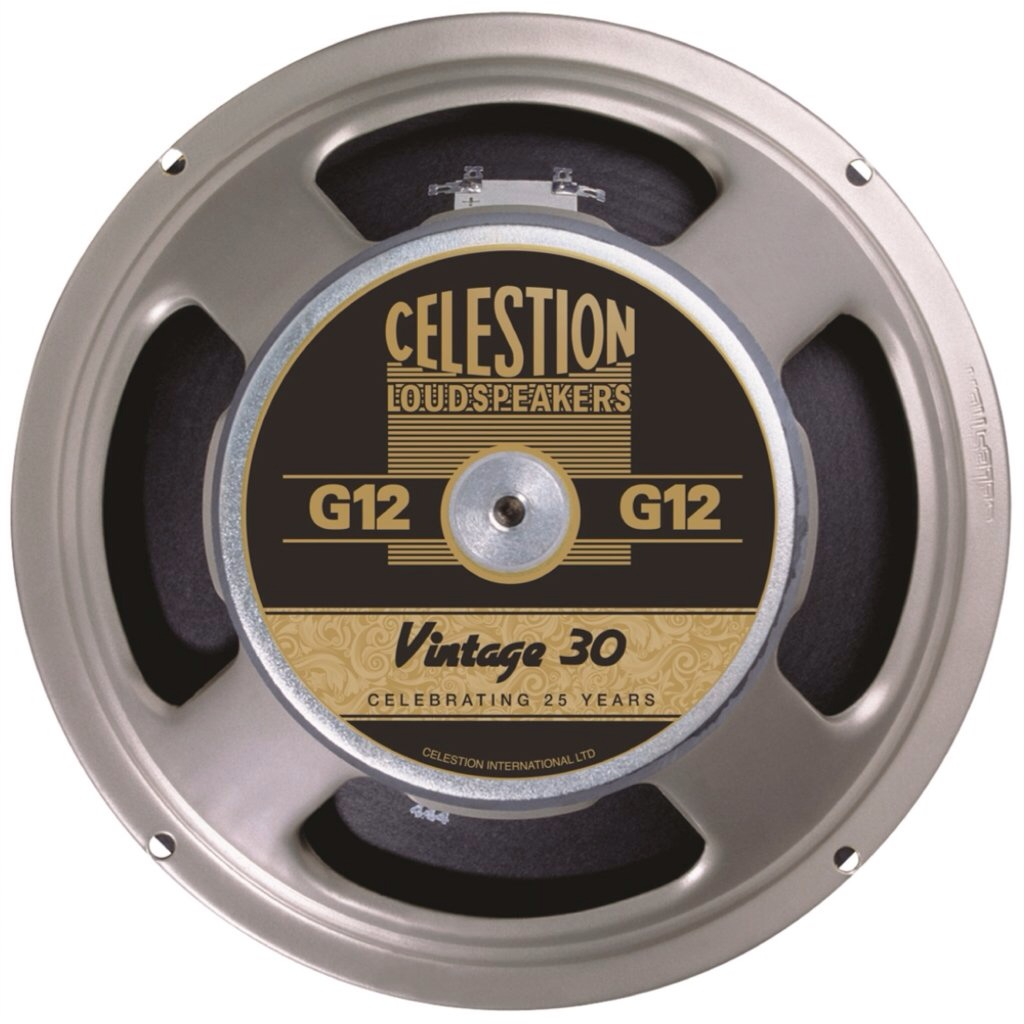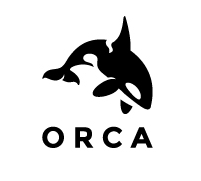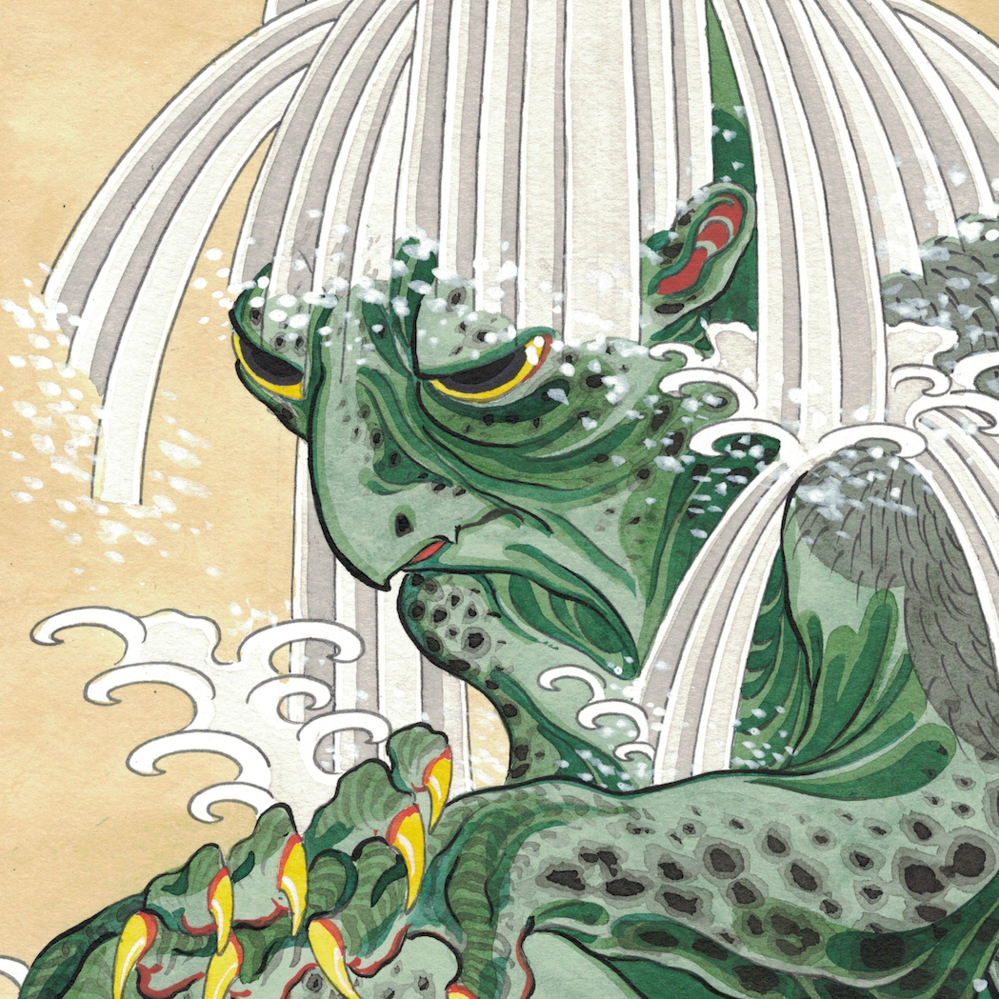Is this some sort of remnant of evangelical puritan protestant ideology?
I don't understaun this.
If you ask me, it'd make as much sense as Orthodox and Christians.... or Shia and Muslim...
I know not all Christians are Catholics but for feck's sake...
They're all Christians to me....
Edit:
It's a U.S thing but this is the sort of things I hear...
https://www.gotquestions.org/Catholic-Christian.html
I am a Catholic. Why should I consider becoming a Christian?
I now know more distinctions (apparently Catholicism requires duty and salvation is process, unlike Protestantism?) but I still think they're of a similar branch (Christianity) so I just wonder the social factor
Growing up in a "non-denominational", independent fundamental Baptist house I was always taught that Catholics weren't Christians because they worship idols. Now that I've left the faith I would easily classify them as being Christian.
While I think many people actually do classify them as Christians they do have some significant differences in their beliefs and practices than most Protestant denominations; and being themselves the largest Christian denomination by far it can be useful in some analysis to treat them as a distinct entity (the answer to "percentage of global population that subscribe to a particular religion" is much more interesting when broken into "Christian Catholic: %" and "Christian Other: %").
If anything Catholicism is much more traditionally Christian, as it's the stablished status quo outside of the anglosphere.
That’s seen as a negative. “Holy tradition” is seen as an extreme departure, although most Protestants wouldn’t even know the term because opening the catechism is nearly as bad as the satanic bible (especially among evangelicals).
What does "non-denominational" mean? Isn't Baptist the denomination?
In this context it was meant as a joke. Several Baptist institutions incorrectly label themselves as being "non-denominational" even though they are completely ideologically aligned with the independent Baptist movement.
All the non-denominational churches are just a denominational church in denial. Pentecostals use it a lot too, but it's pretty obvious once you know
some sort of remnant of evangelical puritan protestant ideology?
Yes. It's weird.
Because some sects of Christianity (mostly Southern Baptist) are fucking insane and spiteful.
I can maybe understand it if they're talking about UUs. Speaking as one, we're not entirely sure what the hell we are either. We're in committee trying to figure that out. </self_deprecating_joke>
Because America is built by non-catholic faiths composed of heretics that love to burn women alive, abusers that craft abusive personality cults in hills-have-eyes country, false prophet grifters who tell you god's gonna cure your terminal ilness if you help them get a private jet for their dogs, the hate-worshiping demons that blight the south 'evangelicals' that drive modern american politics, and misogynistic polytheistic pagans wearing the Christian mask while dressed in their weird underwear and tell you you're not allowed to drink coffee but monster energy drinks are a-okay, who all want to be acknowledged as the real Christian faith instead of being labeled as schismatic protestants and chose to go with the common moniker "catholics & christians" instead of "catholics and protestants"
They have the next outgroup to eliminate lined up in case they run out of minorities to discriminate against.
Every US president has been Christian but only one has been Catholic. It is considered as a clear distinction in the US imo
Catholics do a bunch of stuff other Christians think makes them not Christina.
The biggest one is the pope, catholic lore says the pope is the literal spokesperson for God on earth all other religions he doesn't have authority.
Idolatry: other Christian religions don't have a lot of images of saints or anybody other than christ and basically think catholics are wrong for worshipping Mary and saints on the same level as Jesus. Similarly it's the difference between catholic crucifixes (has the dead guy on them) vs regular crosses
Transubstantiation: according to catholic lore when the alter boy rings the bell that is LITERALLY the body and blood of christ you're eating. Pretty sure other religions think this is a step too far.
"You should not have an image if God"
Literally just take "his" "son" and depict him as a white man. Lol.
Catholics are Christians, but Christians are not necessarily Catholic. For example, Orthodox Christians are not Catholic. Being Catholic requires, at the bare minimum, agreement with the Holy See and implicitly the dogma he endorses. Even this "minor" difference can be used to find non-Catholic Christians.
Precisely, Catholic ⊊ Christian.
The reason why this is the case has to do with the history of Christianity, specifically the various schisms throughout the ages as the Christian faith evolved. That's an incredibly complicated topic which I'm not qualified to discuss.
Catholics are Christians, but Christians are not necessarily Catholic. For example, Orthodox Christians are not Catholic. Being Catholic requires, at the bare minimum, agreement with the Holy See and implicitly the dogma he endorses. Even this “minor” difference can be used to find non-Catholic Christians.
I know that, but if you ask me, it's like saying Sunni and Muslim, one kinda emphasizes, if not "otherizes" (orientalize or occidentalize) the other... usually in a not good way...
One kinda emphasizes, if not "otherizes" the other... usually in a not good way...
Yeah. People have been killed over being Catholic in a non-Catholic Christian society and people have also been killed over being a non-Catholic Christian in a Catholic society.
But that doesn't mean that we can't or shouldn't differentiate at all between the dogmas of Catholics and the wider practice of Christianity.
(orientalize or occidentalize)
I mean there are lots of non-Catholic Churches with European origins, for example Lutheranism and Anglicanism. So I think it's a bit more complicated than "otherizing" with respect to that specific dichotomy.
Because the Anglosphere was so xenophobic that even the Irish and Italians were too culturally exotic to them and thus demonized their entire belief system.
I've heard of them as just lumped in with Christian crowd so what gives?
I have never heard anyone say that. Presumably they say it because they don’t know any better.
I grew up going to various Christian schools as a kid. While it wasn't a common viewpoint, I did hear of it from time to time.
The reason behind it, to my knowledge, was that Catholic practices would often be significantly different from other denominations' practices. The biggest thing I can think of is the veneration of and praying to saints.
The biggest thing I can think of is the veneration of and praying to saints.
Which, ironically, is a core part of Abrahamic religions which was abandoned by Protestantism. I.e. Catholicism didn't add minor gods, Protestantism removed them.
Fun fact: the "-el" at the end of all angel names (except Lucifer and Satan, I guess) means "god". Not as in "from god", but as in "the god of-".
Genuine question (and I don’t know if you’ve gone down this rabbit hole) but does “el” in the context of Hebrew names refer to the concept of any god generically or was “el” the name of the one monotheistic god (before being combined with the monotheistic god with the other name) and the “els” in the names of the angels meant to be an attachment to the court of the one god in a similar way to “isra-el” being not another god but a kingdom/people bearing the name of the god it served (of course talking about biblical Israel and not the modern state).
The early Abrahamic and general Canaanite religions are super interesting, I absolutely recommend reading on them. Now, considering I'm neither a historian nor a linguistics expert, take anything I say with a grain of salt.
From my understanding and memory on the subject, "El" was used as the noun "god", as the name of the Canaanite chief god, who would later be usurped by YHWH, and as a title of sorts, meant to indicate gods and important people supposedly affiliated with the pantheon chieftain. I believe the latter is related to the older Assyrian culture, it certainly follows the same pattern. The first and second cases weren't widely concurrent, however - there is a clear trace telling us the original pantheon leader lost influence over time before being relegated to "just another god" and finally getting absorbed into the figure of YHWH, a bit like how Odinn slowly faded into the background of Nordic religion as Thor became the figure you'd pray to.In short: both of your scenarios are right, but at different points in history (except they weren't monotheistic at first).
This is true about El.
I don't remember if YHWH is associated with Assyrian culture though.
But if anyone is interested, I recommend reading Mark S. Smith's The Early History of God. It's very dry and dense, but extremely informative.
I didn't mean to imply a relation between YHWH and Assyria, but rather link the Assyrian culture of appending god names to important figures' names and the Canaanite culture of appending "-el" to indicate allegiance.
As an American who was raised Lutheran, who was taught a bunch of Romance-Euro-centric world history in school, I always considered Roman Catholic to be the "default" flavor of Christianity. Protestantism in all of its forms are hard forks. It's in the name, even--the Roman Catholic church is what Protestants are "protesting".
To unironically "-and Zoidberg" Catholicism out of Christianity while leaving Protestant flavors included feels completely backwards. I've never heard anyone do it.
But if I did, I could only assume it was due to some No True Scotsman bullshit. "Only we practice the correct way. Everyone else isn't just interpreting it differently, but interpreting it wrong." Sounds like an Evangelical line of thought to me.
We're talking about "orthodoxy" here. Wikipedia
In Christianity, one of the first creeds established was the Trinity; God is the one God in three persons: Father, Son, and Holy Spirit. How that works is a mystery unlike anything existing, although we try to illustrate and make parallels.
This is a sharp dividing line for calling anything "Christianity."
Muslims honor Jesus as a prophet, but that does not make them christian, because they deny his deity. Mormons do not believe in only one god (ultimately), or in the Trinity as one, but instead separate see this link.
Both Catholics and Protestants believe in a true Trinity.
As a former Mormon, the Trinity issue always seemed like a bogus distinction. I'm sure you can find plenty of sects you would label "Christian" that also believe God the Father and Jesus are separate, distinct entities
Probably because depending on the context "Christians" is likely referring to "Protestants." There are some very significant differences between Catholic and Protestant Christianity, moreso than between Protestant denominations, whose differences tend to be a bit more trivial. Other comments make some good points, but it is not too far of a stretch to say that Catholicism may be different enough to be considered a separate religion (I don't know who gets to draw these lines). But in the most technical sense, yes, Catholics are a subset of Christians.
Catholicism may be different enough to be considered a separate religion
I believe what you mean to say is that Protestant sects would be considered a separate religion, as Catholicism far predates other sects.
All Catholics are Christians, but not all Christians are Catholics. They are a subset by definition.
What I think they meant was that categorizing Catholicism as a seperate religion from Protestantism while Prostestantism claims Christianity makes no sense considering that Catholicism has an older claim to being Christian.
So, if anyone shouldn't be able to claim "Christianity" because of being a new, differentiated religion then it should be Protestants. Using that logic it should be "Christians and Protestants".
But I agree, they are all in fact Christians.
- Show

Jesse, WTF are you talking about
I've never heard the phrase Catholic and Christians before. Catholic vs Protestant maybe.










